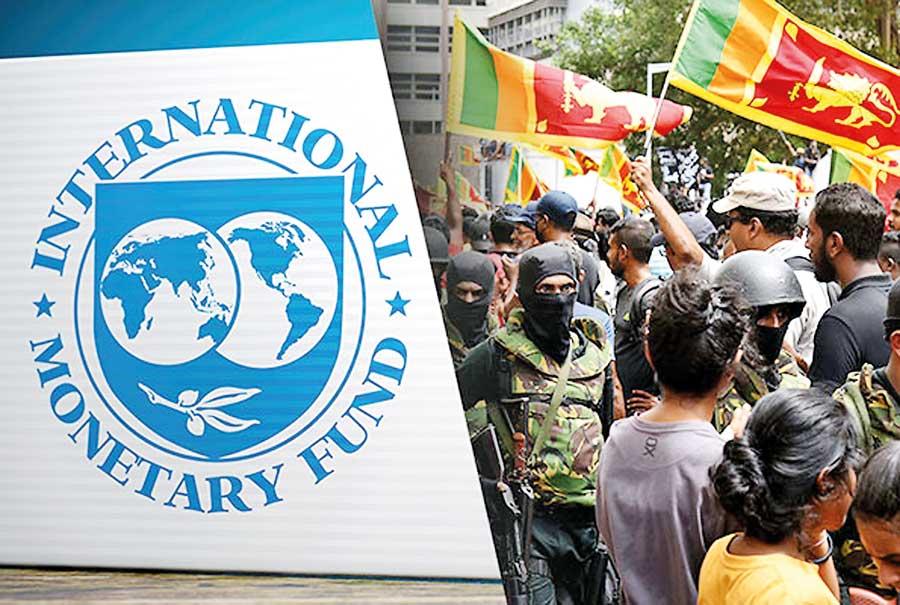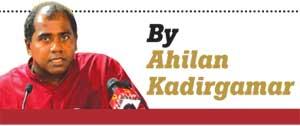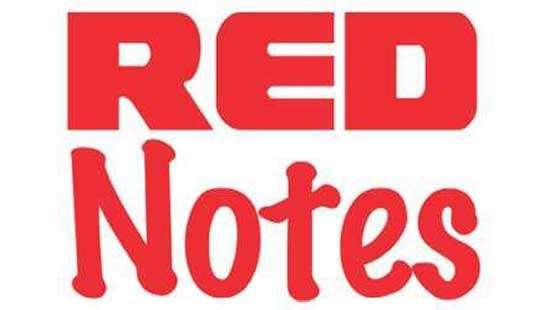06 Feb 2023 - {{hitsCtrl.values.hits}}

“Ceylon is settling down as a genuine Dominion. Present Ministers are extremely friendly and want to maintain and deepen the British connexion. They want, for instance, to preserve English as the official language in Parliament and courts. …
preserve English as the official language in Parliament and courts. …
It is hardly too much to say that if we treat them strictly as a Dominion, they will behave very like a loyal colony: whereas if we treat them as a colony, we may end in driving them out of the Commonwealth. … Socially, Ceylon is a mixture of feudalism and 18th Century landed aristocracy. There is relatively little caste and practically no communal tension. … A great need in Ceylon is a genuine radical Labour Movement based on proper Trade Unions. … If no serious land reforms are undertaken the Left Parties will remain of some importance, though I doubt whether they will make electoral headway. The United National Party is beginning for the first time to take local organization seriously. Buddhism and Catholicism will become increasingly stubborn obstacles to Marxism. If reforms were undertaken, the Marxist opposition would cease to be serious: but this would be a slow process.”
This is how, Labour Party Under-Secretary of State Gordon Walker, who represented the British government at the Independence celebration on February 4, 1948, wrote about Ceylon in a report to the members of the British Cabinet.
Walker’s communication is a reflection of British interests, albeit from a Labour Party point of view, and also of the British consensus on the formation of the postcolonial regime in Sri Lanka. The dominion status of independent Sri Lanka mentioned by Walker relates to the former colony as part of the Commonwealth remaining under British influence. The Marxist left was perceived as the greatest threat to the legacy of the colonial order. The possibility of mobilization along language and religious lines was disregarded; the tremendous ethno-nationalist mobilizations that would shake Sri Lankan society did not figure.
Today, not only is Sri Lanka’s political and economic system in disarray, the neoliberal global order itself is unravelling with so many other developing countries on the brink of default
Sovereignty and development
75 years later, Sri Lanka’s self-perception remains a reflection of Western perceptions. All that our elite can conjure amidst the worst economic crisis facing the country since Independence, where a large section of our population are living on the brink of starvation, is an IMF solution. In short, it is a continuation of the dependent development model that has brought us to this state of crisis. If one listened to the President’s speech on Independence Day, one can imagine more diplomatic cables claiming an IMF agreement is all that is needed to keep Sri Lanka satisfied within the orbit of the exploitative global order.
 The promise of post-colonial sovereignty and development was under stress from the outset due to neo-colonial hegemony as well as the failures of our political elite. In the years after Independence the UNP regime in power sought support from Washington. The Federal Reserve in the United States helped set up the Central Bank to ensure “monetary sovereignty”, and an American official, John Exter, was Sri Lanka’s first Central Bank Governor from 1950 to 1953. The Government welcomed the arrival of a large mission from the World Bank in 1951, which eventually provided an extensive report titled, ‘The Economic Development of Ceylon’, which became the blue print of development for the country.
The promise of post-colonial sovereignty and development was under stress from the outset due to neo-colonial hegemony as well as the failures of our political elite. In the years after Independence the UNP regime in power sought support from Washington. The Federal Reserve in the United States helped set up the Central Bank to ensure “monetary sovereignty”, and an American official, John Exter, was Sri Lanka’s first Central Bank Governor from 1950 to 1953. The Government welcomed the arrival of a large mission from the World Bank in 1951, which eventually provided an extensive report titled, ‘The Economic Development of Ceylon’, which became the blue print of development for the country.
The comprador elite in power while succumbing to such global hegemonic interests went about swiftly dividing and polarising our society starting with the disenfranchisement of the Hill Country Tamils at the outset of Independence; a grave injustice against a community who during the preceding century had created the wealth of the country with their sweat and blood. As the decades past insurrections and a civil war pummelled the country.
Unravelling order
Over the last decade and a half, despite the cataclysmic end of the civil war with the loss of tens of thousands of lives along with tremendous destruction, there was no change in the vision of the country’s elite. The nationalist camp led by the Rajapaksas, who spoke much of sovereignty, ironically raised billions of dollars through International Sovereign Bonds (ISBs). The floating of the ISBs over the last decade, which amounts to forty percent of our external debt today, were seen favourably by the economic establishment and aggressively taken forward by the Sirisena-Wickremesinghe Government as well. Such dependency on international capital markets finally bankrupted the country last year, further shredding the fragile postcolonial sovereignty and putting the country at the mercy of geopolitical interests. And amidst this deep crisis, the best that the country’s political and economic elite can come up with is an IMF solution and borrowing again in the international capital markets.
When Walker wrote his note about Sri Lanka’s Independence in 1948, few imagined the emergence of the historical changes leading to the Non-Aligned Movement and the possibilities that it brought about for Third World countries. Similarly, today, not only is Sri Lanka’s political and economic system in disarray, the neoliberal global order itself is unravelling with so many other developing countries on the brink of default.
The years ahead for Sri Lanka as well as for the global order are likely to be tumultuous. Amidst such historical changes, with or without an IMF agreement, we have to rethink our economic trajectory. And the discredited Independence celebrations should also be a time for us to reject the curse of a dependent economy, whether it be dependence on powerful geopolitical interests, international financial institutions or the predatory bondholders. We need to begin reimagining the possibilities of a self-sufficient economy giving importance to local production, the food system and our vast rural resources, in order to avoid starvation of the working people and the tremendous devastation that is staring down on us.
24 Apr 2024 1 hours ago
24 Apr 2024 1 hours ago
24 Apr 2024 2 hours ago
24 Apr 2024 2 hours ago